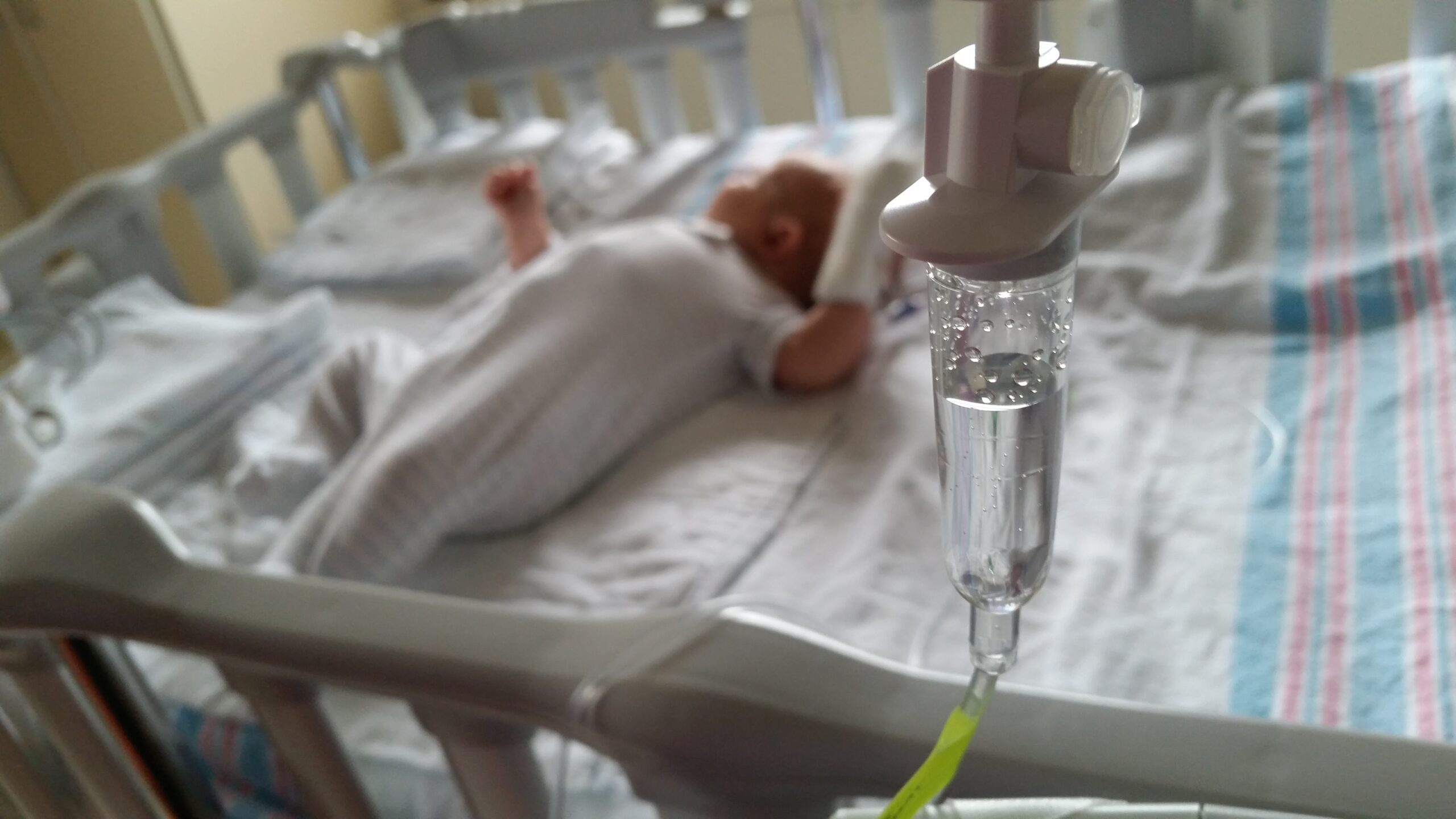Birth Paralysis Injury Lawyer

Birth Paralysis Injury Lawyer
Pregnancy and childbirth are often times of joy. They are complex processes that can sometimes lead to unfortunate injuries, like paralysis. There are times when these injuries are unavoidable parts of life. Umbilical cords can wrap around the child and lead to debilitating oxygen deprivation during the birthing process, for example; these circumstances can occur even despite healthcare providers’ best efforts. Other times, however, birth injuries—including paralysis—are the result of medical professionals inaction or inappropriate actions, such as use of excessive force during delivery.
In these cases, it’s best to seek help right away from an experienced birth paralysis lawyer.
Retain a Birth Paralysis Lawyer
Watching your child sustain a serious injury like paralysis is heartbreaking. Seeking compensation in a birth injury lawsuit to fund your child’s recovery and therapy can seem overwhelming. That’s where an experienced birth injury lawyer can help.
If you believe that your child’s birth injury—including paralysis—was the result of medical malpractice, contact the legal team at Susan E. Loggans & Associates at (312) 201-8600 to set up a free case evaluation.
Susan E. Loggans & Associates works on a contingency-fee basis. That means our firm does not charge any fees unless you win financial compensation.
Overview of Birth Paralysis Cases
About Birth Paralysis
Filing Birth Injury Claims
What to Do After Birth Paralysis
Find the Right Birth Paralysis Lawyer
About Birth Paralysis
Birth paralysis generally refers to paralysis in newborns as a result of birth complications. The paralysis may be full (total paralysis) or partial (limited to one part of the body) and either temporary (resolves eventually) or permanent (does not go away).
The type and severity of the paralysis resulting from birth injuries are important factors to consider when filing a medical malpractice claim.
Specific types of birth injuries that may result in paralysis include:
- Cerebral palsy, a type of brain damage that affects posture, balance, and movement
- Erb’s palsy, a form of nerve damage targeting the shoulder and upper arm areas
- Brachial plexus injuries, an injury damaging the brachial plexus nerve network that connects the baby’s spine to the baby’s shoulders, arms, and hands
- Spinal cord injuries, a type of serious injury relating to the spinal cord due to trauma or prolonged labor
- Hypoxic-ischemic encephalopathy (HIE/neonatal encephalopathy), when there is a lack of oxygen (hypoxia) before, during, or after delivery
- Birth trauma from improper use of forceps or vacuum extractors, commonly resulting in partial facial paralysis
Filing Birth Injury Claims
Paralysis at or shortly after birth is sometimes unavoidable due to difficult delivery or birth defects. Other times, however, paralysis is the result of clear medical errors.
Medical Negligence or Medical Malpractice?
While often used synonymously, these terms have different meanings under the law:
- Medical malpractice: Medical care teams know potential consequences and dangers before making an error that leads to injury or death. This term is broader than negligence. It encompasses many types of misconduct from medical professionals.
- Medical negligence: Medical teams do not uphold an accepted standard of care; medical negligence can occur even if someone made an honest mistake.
- Negligence: Someone who is not a medical expert acts with serious disregard for others, putting people at risk of serious injury or death.
Birth Paralysis Statute of Limitations
Different states establish distinct statute of limitations for filing birth injury cases, including those resulting in paralysis. In Illinois, for example, the statute of limitations usually extends to 8 years after a birth-related injury occurred. However, that limit may extend up to 22 years if the birth injury resulted in the child developing a disability. In cases where the child is mentally or physically incapacitated due to paralysis, there may be no limitation.
What You Need to File a Birth Paralysis Lawsuit
If you are filing a birth paralysis lawsuit, you have what is known as burden of evidence. In practical terms, that means you will have to prove all four of the following in court:
- There was a standard of care that the healthcare provider was expected to provide.
- The healthcare provider did not meet the accepted standard of care.
- Paralysis resulted from the healthcare provider’s actions or inaction.
- The paralysis caused significant physical, emotional, and/or financial harm.
Damages Awarded in Birth Injury Cases
Damages that may be awarded in birth paralysis cases include, but are not limited to, the following:
- Home modifications
- Loss of compensation
- Medical bills, including for physical therapy
- Pain and suffering
- Reduced quality of life
What to Do After a Birth Injury
If you believe that your child’s birth injury was the result of medical error, many birth injury attorneys will advise the following:
- Taking photos or videos of any relevant evidence, if possible.
- Keeping receipts of medical expenses and other financial burdens resulting from the paralysis.
- Collecting all medical records.
- Not making any statements to insurance companies until you retain a qualified legal team.
- Getting help from an experienced law firm to secure you a winning verdict.
- Taking legal action right away to avoid issues with statute of limitations.

Find the Right Birth Paralysis Lawyer with Susan E. Loggans & Associates
If you believe that your child was paralyzed during birth as a result of medical negligence or malpractice, get legal help right away. You deserve fair compensation for your emotional distress and financial hardships.
When seeking a birth paralysis lawyer, turn to the team with a proven track record of success in such medical malpractice cases: Susan E. Loggans & Associates. Our team can provide a free case evaluation when you call (312) 201-8600 or complete the online contact form below.
